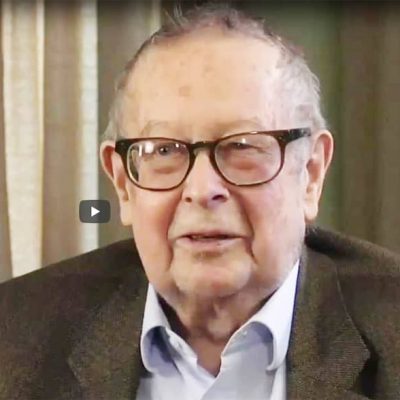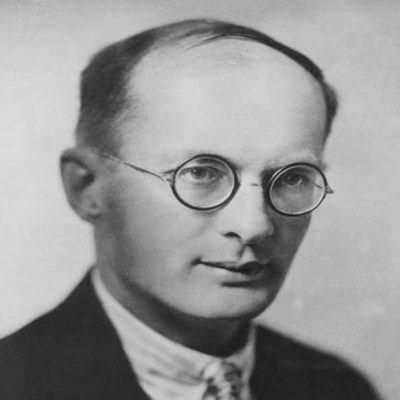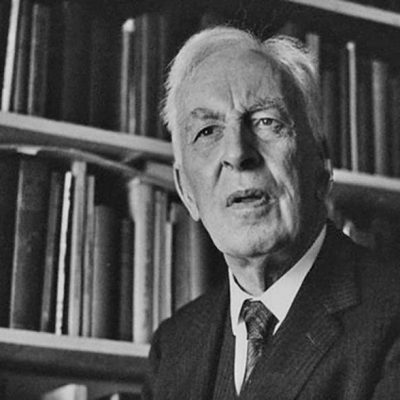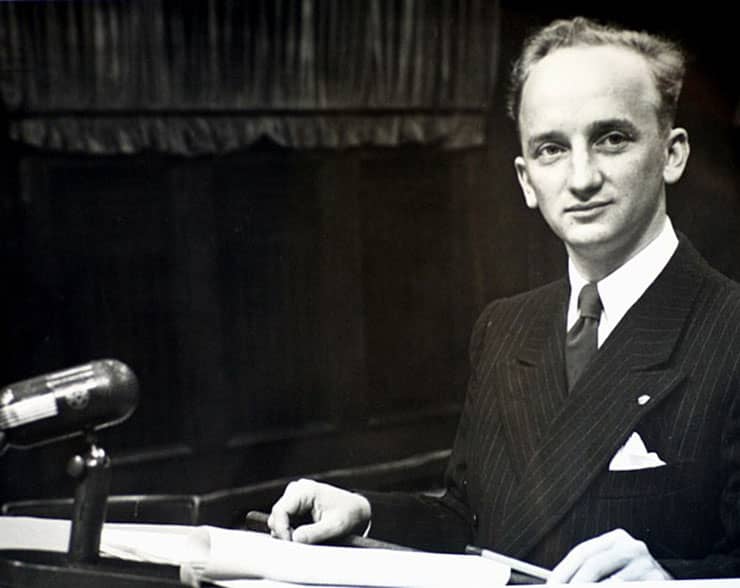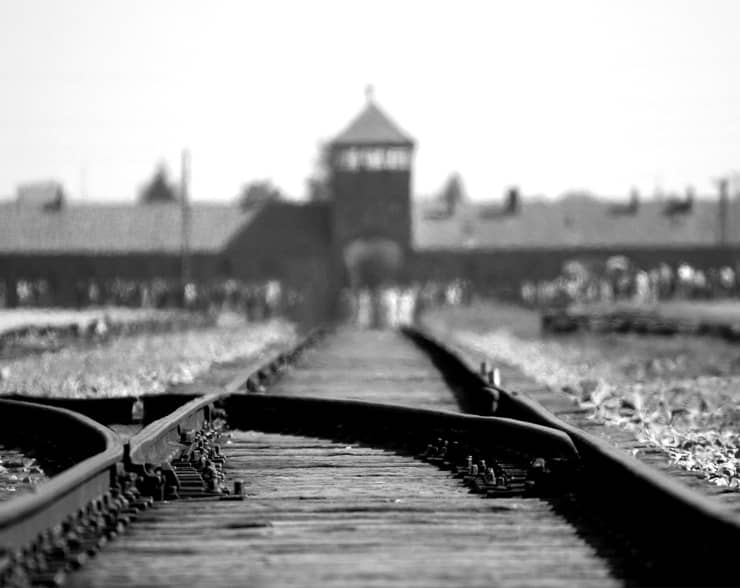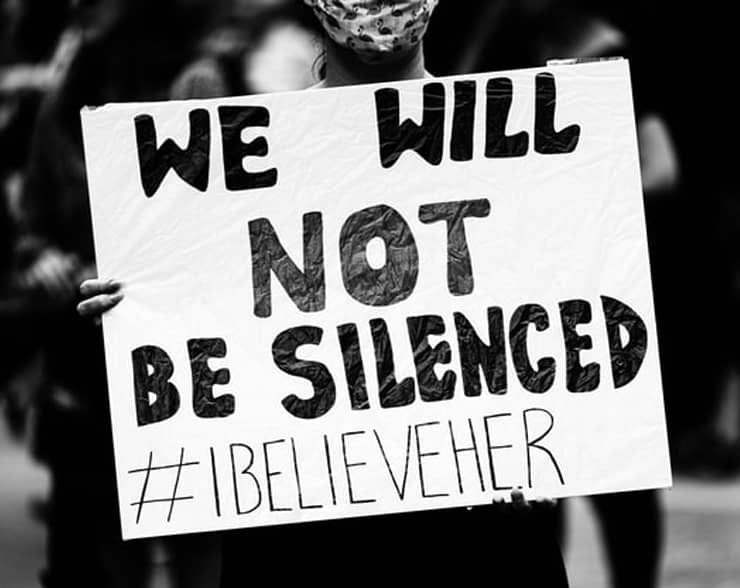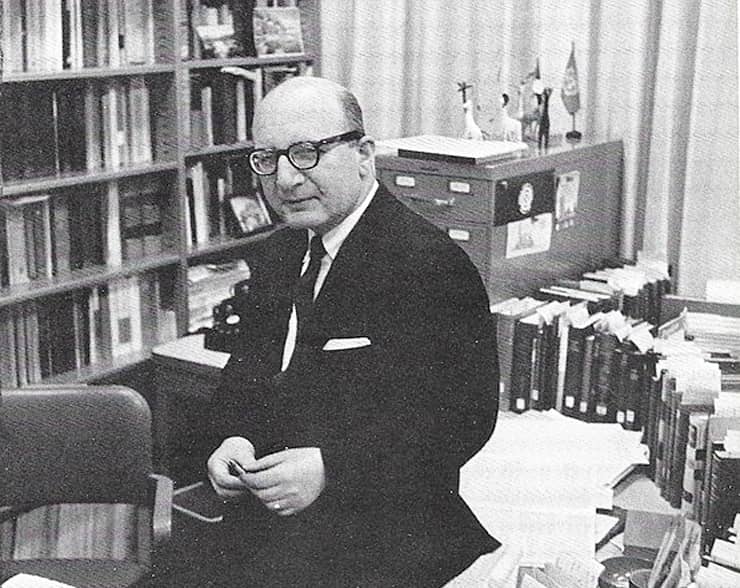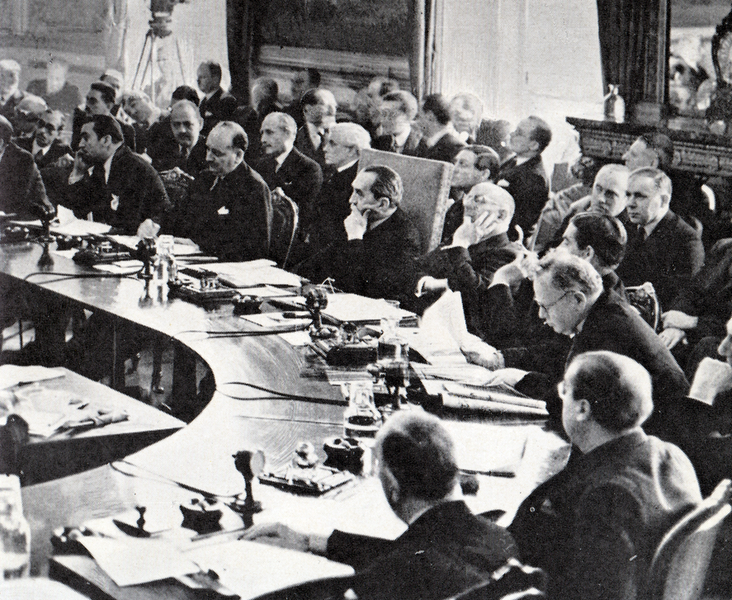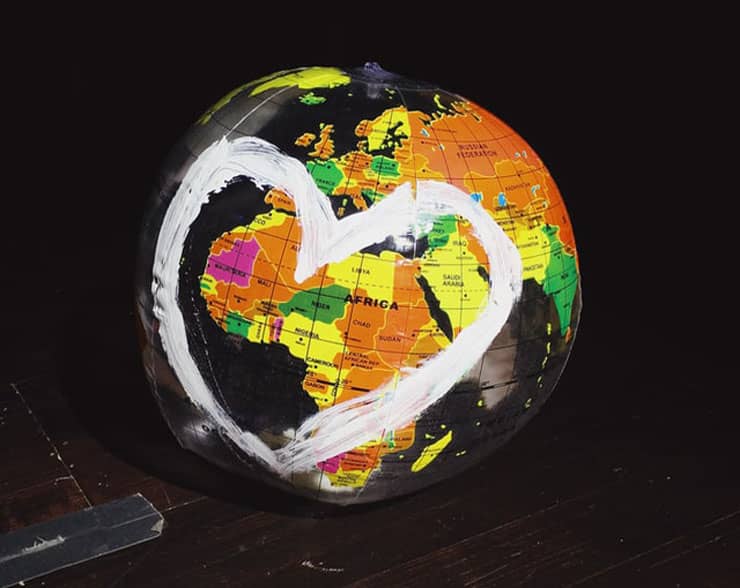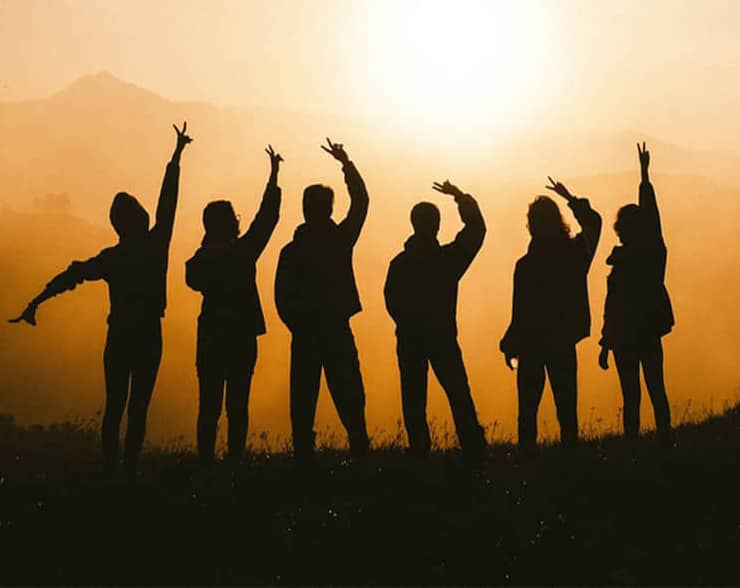 UN: Growth of World Law.
UN: Growth of World Law.
Non-governmental Organizations in the United Nation: The Voices of…
Non-governmental organizations (NGOs).
The Constitution of the United Nations Educational, Scientific and Cultural Organization (UNESCO) written just after the end of the destructive Second World War states that:
“since wars begin in the minds of men, it is in the minds of men that the defences of peace must be constructed.”
Non-governmental organizations (NGOs) in consultative status with the United Nations, such as the Association of World Citizens, have played an important role in changing attitudes both among the representatives of governments and among the wider public. NGOs have stressed the need for real cooperation in meeting the many challenges facing humanity, challenges which require new and innovative strategies.
It is abundantly clear that many challenges facing humanity require new and innovative strategies. The United Nations has a unique role to play in responding to these challenges. The United Nations is the only truly universal organizations with a mandate that covers virtually all areas of human endeavour. In an interdependent world, problems cannot be solved without a sense of commitment to the good of the whole.
The UN System
There is a need for further empowerment of the UN system for conflict prevention as well as promoting the values of a culture of peace. Yet it is also clear that the UN cannot fulfil alone its weighty responsibility set out in the Charter. The United Nations needs to reach out to a wider circle of talents for insights, and compassion to make this world a place of dignity and joy.
Thus, increasingly the energy and talent of members of non-governmental organizations are linked directly to UN efforts both as a source of ideas and as a powerful multiplier of actions to develop policies and structures of peace and non-violence.
The United Nations: The Reflection of the World Society.
The Association of World Citizens
The representatives of the Association of World Citizens are turned toward the future. As Frederico Mayor, former Director General of UNESCO has said:
“One great task is to be the look-outs for the future, since in this way we shall be able to anticipate and prevent. Prevention is the greatest victory since it is what avoids suffering and avoids confrontation.”
The future belongs to those who give the next generation reasons to hope. A vision of the future precedes the creation of a new reality. If we cannot envision the world we would like to live in, we cannot work towards its creation. We need a vision of the future as a time of great healing and social transformation. With a vision of the future, we can see better how each of us can contribute to this wider transformation. The real future is the future which is built by the inspiration of a vision. A vision creates hope, enthusiasm and conscious actions to actualize the vision. Thus we need to keep an open mind, to seek truth and to inform ourselves of the points of view of others.
The actions of the Association of World Citizens are directed toward a future of freedom, dignity, and world unity. Your cooperation in these great challenges are most welcome.

Rene Wadlow, President, Association of World Citizens.

President, Association of World Citizens (AWC).
Estudied International relations in The University of Chicago.
Estudied Special Program in European Civilization en Princeton University
Here are other publications that may be of interest to you.
Kenneth Waltz: The Passing of the Second Generation of the Realists.
The death of Professor Kenneth Waltz; on 12 May 2013 in New York City; at the age of 88; marks the start of the passing of the second generation of…
Benjamin Ferencz, Champion of World Law, Leave a Strong Heritage on Which To Build.
Featured Image: Prosecutor Benjamin Ferencz at the Einsatzgruppen Trial in Nuremberg. Ferencz was a civilian employee with the OCCWC, thus the picture showing him in civilian clothes. The Einsatzgruppen Trial (or „United…
Bronislaw Malinowski: Understanding Cultures and Cultural Change.
Featured Image: Bronislaw Malinowski (1884-1942), Professor of Anthropology. By Library of the London School of Economics and Political Science, No restrictions, via Wikimedia Commons. Bronislaw Malinowski (1884-1942) whose birth anniversary…
Arnold Toynbee: A World Citizens view of challenge and response.
Featured Image: Arnold Toynbee. By Atyyahesir, CC BY-SA 4.0 https://creativecommons.org/licenses/by-sa/4.0, via Wikimedia Commons. Arnold Toynbee (1889-1975) was a historian, a philosopher of history, and an advisor on the wider Middle…

